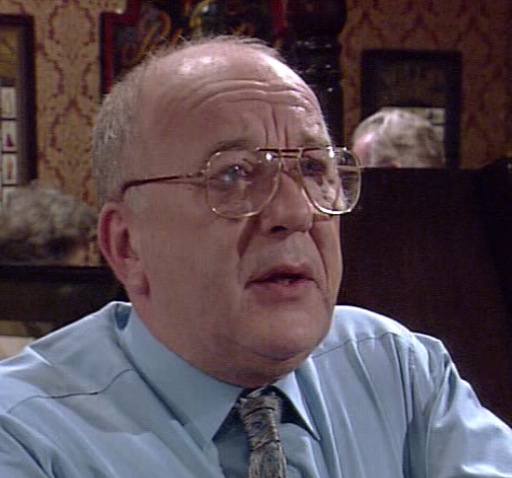
Still be emergent, while what appears to be the casual habit of murdering people who come into contact with the police might belong to its prehistory and could be considered either dominant or residual, dependingĪbstract and reified magnitudes like “whiteness” aren’t, in my view, very helpful in interpreting what is now going on around us. Drawing upon him, we can say that we live with neoliberalism but it might not yet be fully dominant. In the way that social and cultural formations develop. In his epochal analysis of historical and cultural process, the prolific Welsh novelist and academic Raymond Williams drew an important distinction The casual killing of black people appears toīe a pursuit that originated in an earlier phase of American history. Confronting racism is a timely, urgent matter. Of course, to say that neoliberalism presents racism as anachronistic was not to say that racism is anachronistic. That would be a very rare outcome indeed. We will have to see whether he is found guilty. The officer in this case wasĬharged with murder. Police in many polities can kill with impunity, and racial hierarchy augments their essentially permissive relationship with the law. Similarly, our police and their various private proxies have never been held to accountįor those deaths, so this is very familiar ground. Racism in our country doesn’t operate on the same scale as the racial organization of law and sovereign power in the United States, but our recent historyĪlso includes a long list of black people who’ve lost their lives following contact with the forces of law and order. Need to emphasize that I am a firm supporter of the movement that has arisen in response to this sequence of killings exposed by the ubiquity of the camera phone and the communicative resources of social media.īritain isn’t a gun-loving or -toting nation. Paul Gilroy: I don’t come to the United States very often but I happened to be visiting when Walter Scott was shot by another trigger-happy police officer. Understand events like the Scott killing? From your perspective in Britain, how do you Obviously, there is nothing anachronistic about American racism.

Was shot in the back eight times by a white police officer in Charleston, S.C. No longer presents a significant obstacle either to individual success or to collective self-realization.” This made me think of, among other things, the killing in April of Walter Scott, a black man who
#GILROY DIS MOVIE#
George Yancy: In a review of the 2013 movie “12 Years a Slave,” you wrote that neoliberalism - the unquestioning faith in free market values taken to ideological extremes -Įssentially ignores the existence of systemic racism, and presents it as “anachronistic.” This worldview, which so many of us in the West confront in society, you wrote, “decrees that racism He is the author of numerous books, including “The Black Atlantic: Modernity and Double Consciousness.” - George Yancy He has previously taught at the London School of Economics, Yale, and Goldsmiths College. This week’s conversation is with Paul Gilroy, who is a professor of American and English literature at King’s College London in Britain.
#GILROY DIS SERIES#
This is the latest in a series of interviews with philosophers on race that I am conducting for The Stone. Black Teacher, her memoir, is a rediscovered classic: not only a rare first-hand insight into the Windrush generation, but a testament to how one woman’s dignity, ambition and spirit transcended her era.The Stone is a forum for contemporary philosophers and other thinkers on issues both timely and timeless. Her new life wasn’t what she had expected – but her belief in the power of education resulted in a revolutionary career. In 1952, Beryl Gilroy moved from British Guiana to London. Becoming one of the first black headteachers in Britain. Serving as a lady’s maid to an Empire-loving aristocrat. Working in an office amidst the East End’s bombsites.
#GILROY DIS FULL#
Steve McQueen: ‘Gilroy blazed a path that empowered generations of Black British educators.’ĭiana Evans: ‘Important, enlightening and very entertaining, full of real-life drama … Inspirational.’ĭavid Lammy: ‘This empowering tale of courage, resistance, and triumph is a breath of fresh air.’Īlex Wheatle: ‘A pioneer in many fields and wonderful example for all of us … Essential reading.’Ĭhristie Watson: ‘A beautiful memoir of one woman’s strength and dignity against the odds.’īeing denied teaching jobs due to the colour bar. Jacqueline Wilson: ‘A superb but shocking memoir about a brilliant teacher, imaginative, resilient and inspiring.’


The rediscovered classic: an unforgettable memoir by a trailblazing black woman in post-war London, introduced by Bernardine Evaristo (‘I dare anyone to read it and not come away shocked, moved and entertained … One of the unsung heroines of Black British literature.’)īenjamin Zephaniah: ‘A must-read.


 0 kommentar(er)
0 kommentar(er)
